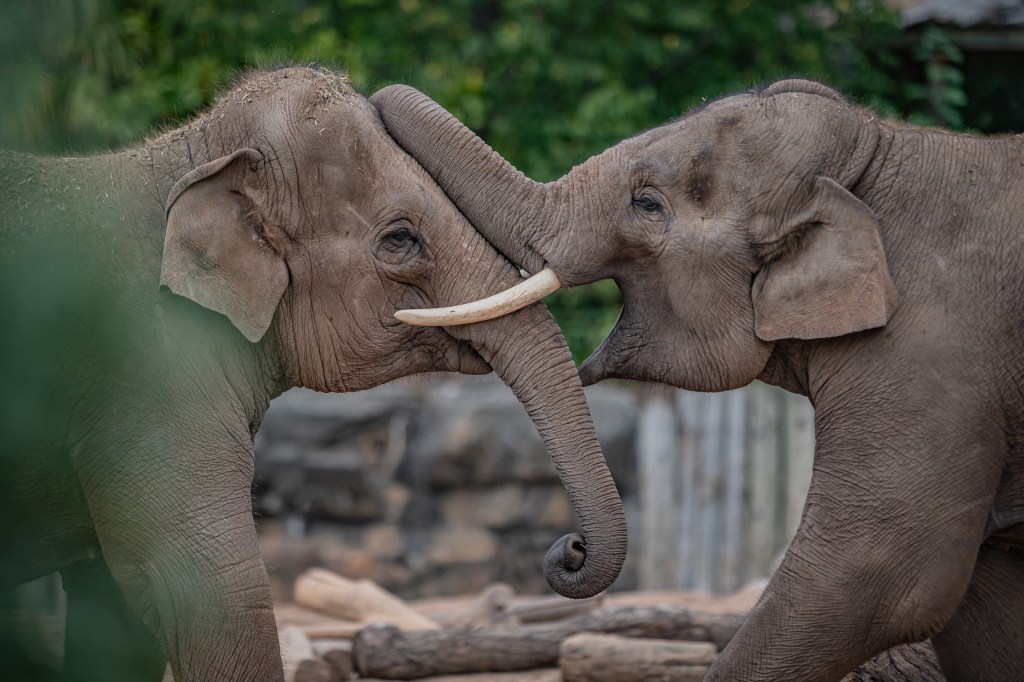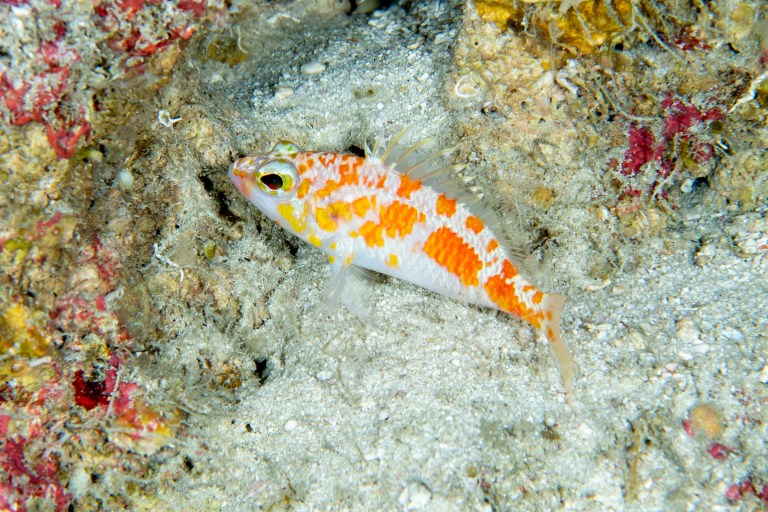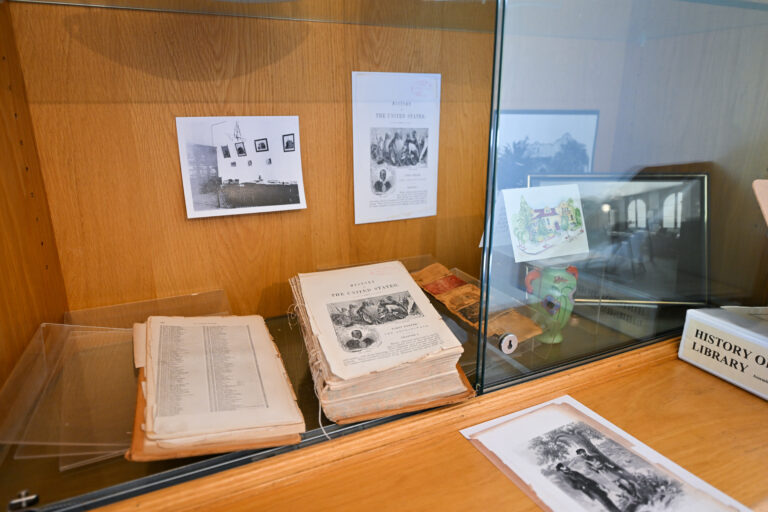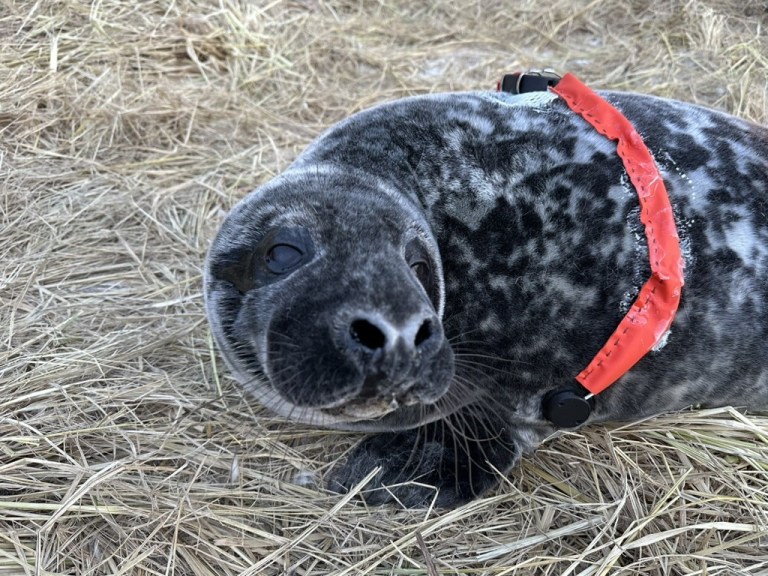Currently listed as an endangered species on the IUCN Red List, Asian elephants have dwindled to a population of fewer than 40,000 — but England’s Chester Zoo just announced a major breakthrough in a world-first trial that could help boost that number.
Elephant endotheliotropic herpesvirus, or EEHV, can kill both wild and captive Asian and African elephants within 24 hours of infection, seriously threatening conservation efforts. Along with the University of Surrey and the Animal and Plant Health Agency, the zoo developed a vaccine that targets EEHV. Publishing their results Oct. 3, scientists demonstrated that the vaccine safely and effectively stimulated a strong immune response in adult elephants during a six-year, proof-of-concept study.
“This publication marks a watershed moment — it means we can now say the vaccine is ready for wider use,” co-author Katie Edwards said in a news release. “EEHV has taken the lives of so many elephants, but this offers hope and a massive step toward ending those losses.”
The vaccine triggers responses in two types of cells needed for EEHV immunity: Th1 cells, which help eradicate viruses and bacteria, and cytotoxic T immune cells, which target viruses. After delivering the vaccine and booster doses to a small group of elephants via injection, the scientists were able to analyze the animals’ immune responses more thoroughly than had ever previously been done in Asian elephants, and they found no adverse reactions.
“This is a landmark moment in our work to develop safe and efficacious vaccines,” senior author Falko Steinbach said in the release. “For the first time, we have shown in elephants that a vaccine can trigger the type of immune response needed to protect them against EEHV.”

These results have been years in the making. According to the EEHV Advisory Group, the disease is the leading cause of death of young Asian elephants in the U.S. and Europe, with diagnoses and fatalities primarily reported in calves and juveniles ages 1 through 8. In 2009, Chester Zoo lost its first calf to EEHV — and four years later, it began fundraising efforts for vaccine research. In 2019, after intensive treatment, the zoo’s calf Indali Hi-Way became one of the few recorded survivors of the disease.
Now, thanks to the trial’s success, scientists can conduct further testing in the younger elephants most at risk, and are already planning on building delivery methods for wild populations. They hope that one day, the vaccine can be used to help prevent EEHV worldwide — and speculate that it could also pave the way for vaccination studies focused on other wildlife diseases.

“As a conservation charity, our goal is for the vaccine to be open source and freely available to help save as many elephants as possible,” co-author Javier Lopez, the zoo’s head of veterinary services, said in the release. “Until now, EEHV has been a silent killer — with this vaccine, we finally have a weapon to fight back.”
RELATED: These Adorable Stuffed Animals Are Helping Save Real Elephants, Teaching Kids About Conservation












